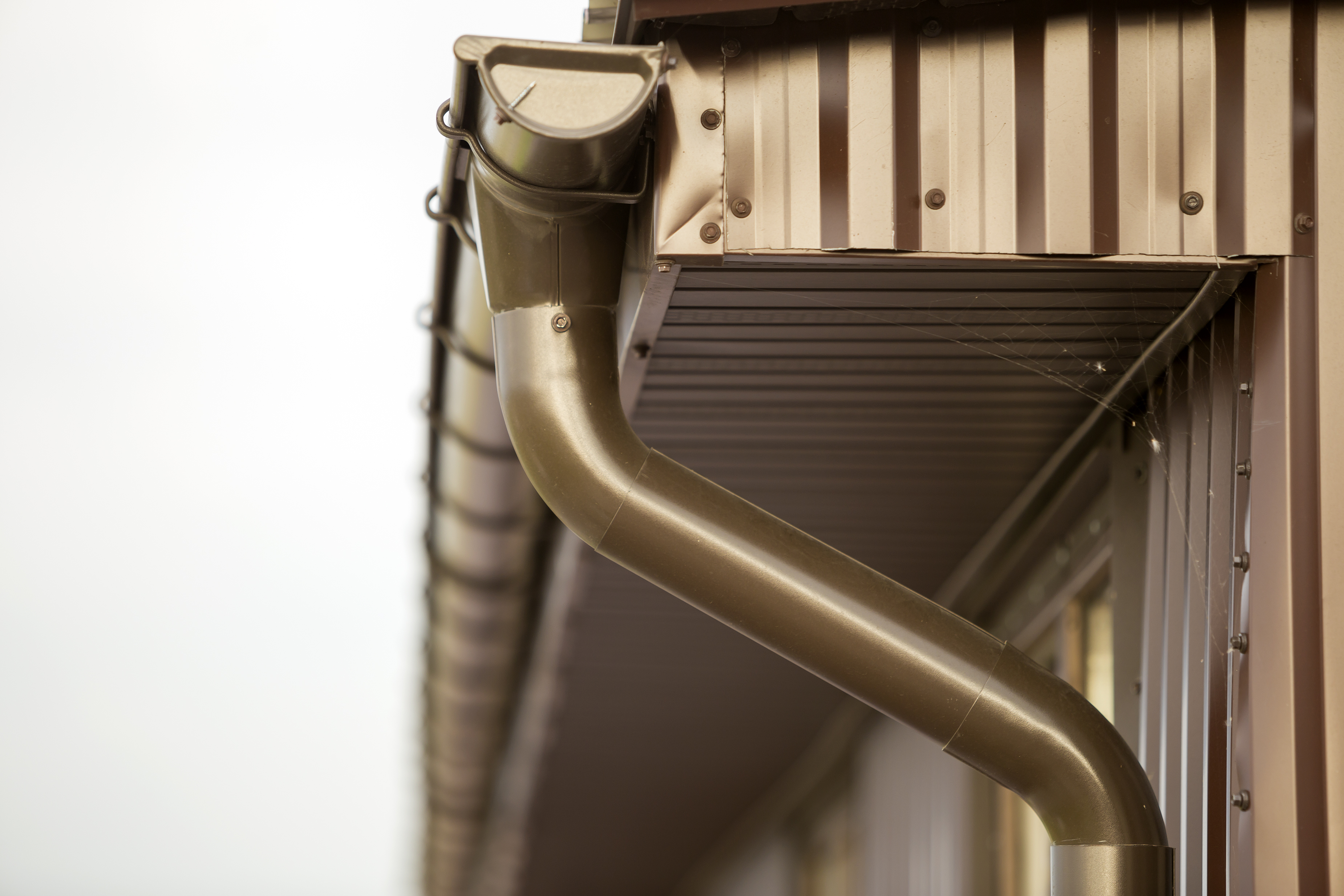Understanding Arborist Report Costs: Investigating the Cost in Tree Health
Overview:
Maintaining a thriving and healthy landscape extends beyond routine care and watering. When it comes to the well-being of your trees,seeking professional guidance is crucial. Arborists play a pivotal role in assessing and preserving the health of your trees,often providing detailed reports that outline their findings and recommendations. However,one common concern for property owners is the associated cost of obtaining an arborist report. In this write-up,we will delve into the factors influencing arborist report cost and why investing in these reports is a wise decision for the longevity of your trees and overall property value.
The Importance of Arborist Reports:
Arborist reports,also known as tree assessment reports,are comprehensive documents prepared by certified arborists. These reports go beyond a simple examination of a tree’s physical appearance and delve into its overall health,structural integrity,and potential risks. The insights provided in these reports are invaluable for property owners,helping them make informed decisions regarding tree care,maintenance,and potential removal.
Factors Influencing Arborist Report Costs:
1. **Tree Quantity and Size:**
The number and size of trees on a property significantly impact the overall cost of arborist reports. Larger trees may require more extensive assessments,including climbing inspections,which can increase the time and effort invested by the arborist.
2. **Complexity of Assessment:**
The complexity of the assessment needed also affects the cost. For instance,evaluating a single,healthy tree may be less time-consuming than assessing multiple trees with various health issues or potential risks. Complex assessments often involve detailed investigations,soil testing,and risk assessments,contributing to higher costs.
3. **Site Accessibility:**
The accessibility of the site plays a role in determining arborist report costs. If trees are located in challenging terrain or require special equipment for inspection,the arborist may need to allocate more resources,impacting the overall cost.
4. **Reporting Depth and Detail:**
The depth and detail of the arborist report influence the overall cost. Some property owners may opt for a basic assessment and report,while others may require a more in-depth analysis,including recommendations for treatment,pruning,or removal. The level of detail and the complexity of the recommendations can impact the overall cost.
Benefits Justifying the Cost:
1. **Early Detection of Issues:**
Arborist reports serve as preventive tools by enabling the early detection of tree issues. Identifying diseases,pest infestations,or structural problems in their initial stages allows for prompt intervention,potentially saving the tree and avoiding more extensive and costly treatments later.
2. **Risk Mitigation:**
Trees,especially large or aging ones,can pose risks if they have structural weaknesses or are in decline. Arborist reports assess potential risks and provide recommendations for mitigating them. Investing in these reports can prevent property damage,injuries,or even fatalities resulting from tree failures.
3. **Property Value Preservation:**
Well-maintained and healthy trees contribute to the aesthetic appeal and overall value of a property. Arborist reports help preserve the value of your property by ensuring that your trees remain healthy,structurally sound,and aesthetically pleasing.
4. **Regulatory Compliance:**
In some cases,local regulations or ordinances may require arborist reports for certain tree-related activities,such as removals or pruning. Investing in these reports ensures compliance with local laws and regulations,avoiding potential fines or legal complications.
Conclusion:
While the cost of arborist reports may initially seem like an additional expense,the long-term benefits far outweigh the investment. These reports provide valuable insights into the health and well-being of your trees,offering a roadmap for effective tree care and maintenance. The early detection of issues,risk mitigation,preservation of property value,and regulatory compliance are all compelling reasons to consider arborist reports as essential components of responsible tree management.
In the grand scheme of property ownership,the cost of arborist reports is a small price to pay for the health,safety,and longevity of your trees. By making informed decisions based on the recommendations provided in these reports,you not only enhance the beauty of your landscape but also contribute to the overall well-being of your property and the surrounding environment. Consider arborist reports as an investment in the health and vitality of your trees,paying dividends in the form of a lush,thriving landscape for years to come.
